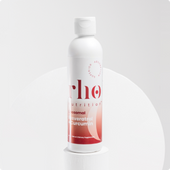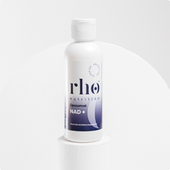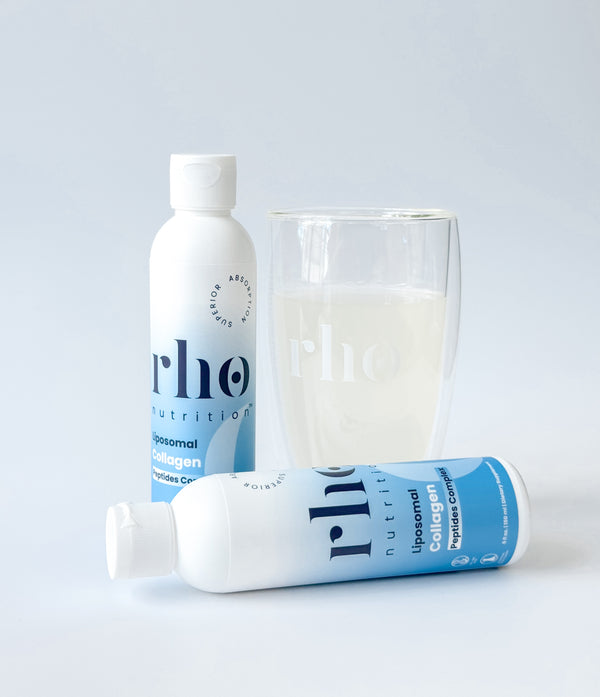NAD+ (nicotinamide adenine dinucleotide) is a key coenzyme found in every cell of the body that helps support natural energy production and overall cellular health. While NAD+ naturally declines with age, various lifestyle factors may help support healthy NAD+ levels.
This article explains what NAD+ is, why it matters, how it changes with age, and natural ways to support it safely and responsibly.
What is NAD+?
NAD+ is a coenzyme involved in essential cellular functions. It plays a role in the body’s natural metabolic processes by helping convert food into usable energy at the cellular level. NAD+ also supports enzymes involved in DNA repair and cell signaling pathways that maintain healthy cell function.
Why does NAD+ matter?
NAD+ helps support several normal, healthy processes in the body:
-
Supports natural energy production in cells by assisting in metabolic reactions.
-
Helps maintain DNA integrity through supporting repair enzymes.
-
Supports proteins that regulate metabolism and cell longevity.
Maintaining healthy NAD+ levels supports the body’s natural cellular functions as we age.
How NAD+ levels change with age
Research suggests NAD+ levels tend to decline gradually with age. This natural decrease may affect energy metabolism and cellular repair mechanisms. Factors such as chronic inflammation, oxidative stress, and lifestyle habits may influence this decline.
Natural ways that may support NAD+ levels
Certain lifestyle practices may help support healthy NAD+ levels:
Exercise and physical activity
Regular physical activity helps support metabolic health and may promote NAD+ production by activating enzymes linked to energy metabolism.
Exercise may help support NAD+ levels by activating enzymes that are involved in energy production. Both aerobic exercises, such as walking, running, or cycling, and resistance training, like weightlifting, may contribute to this effect. The intensity and duration of exercise can influence the activation of these pathways, with moderate to vigorous activity generally showing more pronounced effects.
Intermittent fasting and caloric restriction
Some studies suggest that intermittent fasting or reducing calorie intake may support metabolic pathways that help maintain NAD+ levels.
Intermittent fasting approaches, such as eating within specific time windows or occasionally reducing caloric intake, may help support these pathways. However, fasting approaches aren't appropriate for everyone, including pregnant or breastfeeding women, people with certain medical conditions, or those with a history of eating disorders.
Heat exposure and saunas
Heat stress from sauna use can support the body’s natural repair processes and may help maintain cellular health, potentially influencing NAD+ metabolism.
Regular sauna use has been associated with various health benefits in observational studies, and some research suggests it may help support metabolic health markers. The heat stress response includes activation of proteins that help protect cells from damage and support normal cellular function.
Cold exposure
Cold exposure activates metabolic pathways that could support healthy energy balance. Research on cold therapy’s effects on NAD+ is ongoing.
Some preliminary research suggests that regular cold exposure might influence NAD+ metabolism, though this area of study is still developing. Cold exposure methods include cold showers, ice baths, or spending time in cold environments, but these approaches should be introduced gradually and may not be appropriate for people with certain health conditions.
Sleep quality and circadian rhythms
Good sleep and maintaining regular circadian rhythms support enzymes that regulate NAD+ balance.
Sleep hygiene practices that may help support healthy NAD+ metabolism include maintaining consistent sleep and wake times, creating a comfortable sleep environment, limiting screen time before bed, and getting adequate sleep duration (typically 7-9 hours for most adults).
Stress management
Chronic stress may increase NAD+ consumption through activation of cellular repair pathways. Managing stress can help maintain healthy NAD+ levels.
Effective stress management techniques that may help support healthy NAD+ levels include regular meditation or mindfulness practices, deep breathing exercises, regular physical activity, social connection, and engaging in enjoyable activities. These approaches may help reduce the chronic activation of stress response systems that can affect cellular metabolism.
Foods that contain NAD+ precursors
The body synthesizes NAD+ using precursors found in various foods:
Niacin-rich foods (Vitamin B3)
Niacin is a vitamin B3 that supports natural NAD+ synthesis. Foods rich in niacin include poultry, fish, nuts, and seeds.
Tryptophan-containing foods
Tryptophan is an amino acid that the body can convert into NAD+. Sources include eggs, dairy, and some meats.
Foods with nicotinamide riboside
Nicotinamide riboside (NR), a newer NAD+ precursor, is found in trace amounts in milk and yeast-containing foods.
Whole food sources vs. supplements
Whole foods provide balanced nutrition that supports overall metabolism. Supplements may provide concentrated precursors but should be used thoughtfully and under guidance.
Lifestyle factors that may affect NAD+ levels
Certain behaviors may negatively impact NAD+ levels:
-
Alcohol consumption: Excessive drinking can increase NAD+ demand for alcohol metabolism.
-
UV exposure and sun damage: Chronic sun exposure may increase DNA damage and NAD+ consumption.
-
Chronic stress: Prolonged stress can accelerate NAD+ use by activating repair mechanisms.
-
Poor sleep patterns: Disrupted sleep may impair NAD+ regulation.
-
Sedentary lifestyle: Lack of physical activity may reduce NAD+ production.
NAD+ precursor supplements
Supplements like nicotinamide riboside (NR), nicotinamide mononucleotide (NMN), and niacin are popular for supporting NAD+ levels.
Nicotinamide riboside (NR)
NR is a NAD+ precursor shown in some studies to support healthy NAD+ metabolism and cellular energy. Research in humans is ongoing.
Nicotinamide mononucleotide (NMN)
NMN is another precursor with promising animal study results for supporting energy metabolism, though human data is still limited.
Niacin (Vitamin B3)
Niacin supports NAD+ synthesis, but high doses can cause side effects like flushing.
Research limitations and safety considerations
Current human research is preliminary, and the long-term safety and efficacy of NAD+ precursor supplements remain under investigation. It is important to use supplements responsibly and consult healthcare professionals.
What the research shows
Animal studies generally support NAD+ precursor supplementation in maintaining NAD+ metabolism and metabolic health. Human studies are promising but limited in scale and duration. Ongoing research aims to clarify effective doses, long-term effects, and specific health benefits.
Safety considerations
Potential risks include mild side effects and interactions with medications. Supplements are not regulated as drugs, so quality can vary. Consulting a healthcare provider before starting supplementation is advisable, especially if you have existing health conditions or take medications.
When to consult a healthcare provider
Seek professional advice if you have underlying health issues, are pregnant or breastfeeding, or experience side effects from supplements. Healthcare providers can help tailor NAD+ support safely within your overall wellness routine.
The bottom line
NAD+ supports normal cellular energy production and healthy metabolic functions. Lifestyle habits such as regular exercise, balanced nutrition, quality sleep, and stress management may help support healthy NAD+ levels. While supplements offer potential benefits, human research is still emerging, and safety considerations are important. Focus on sustainable lifestyle choices and consult healthcare professionals when considering supplements.
These statements have not been evaluated by the Food and Drug Administration. This product is not intended to diagnose, treat, cure, or prevent any disease.













Leave a comment